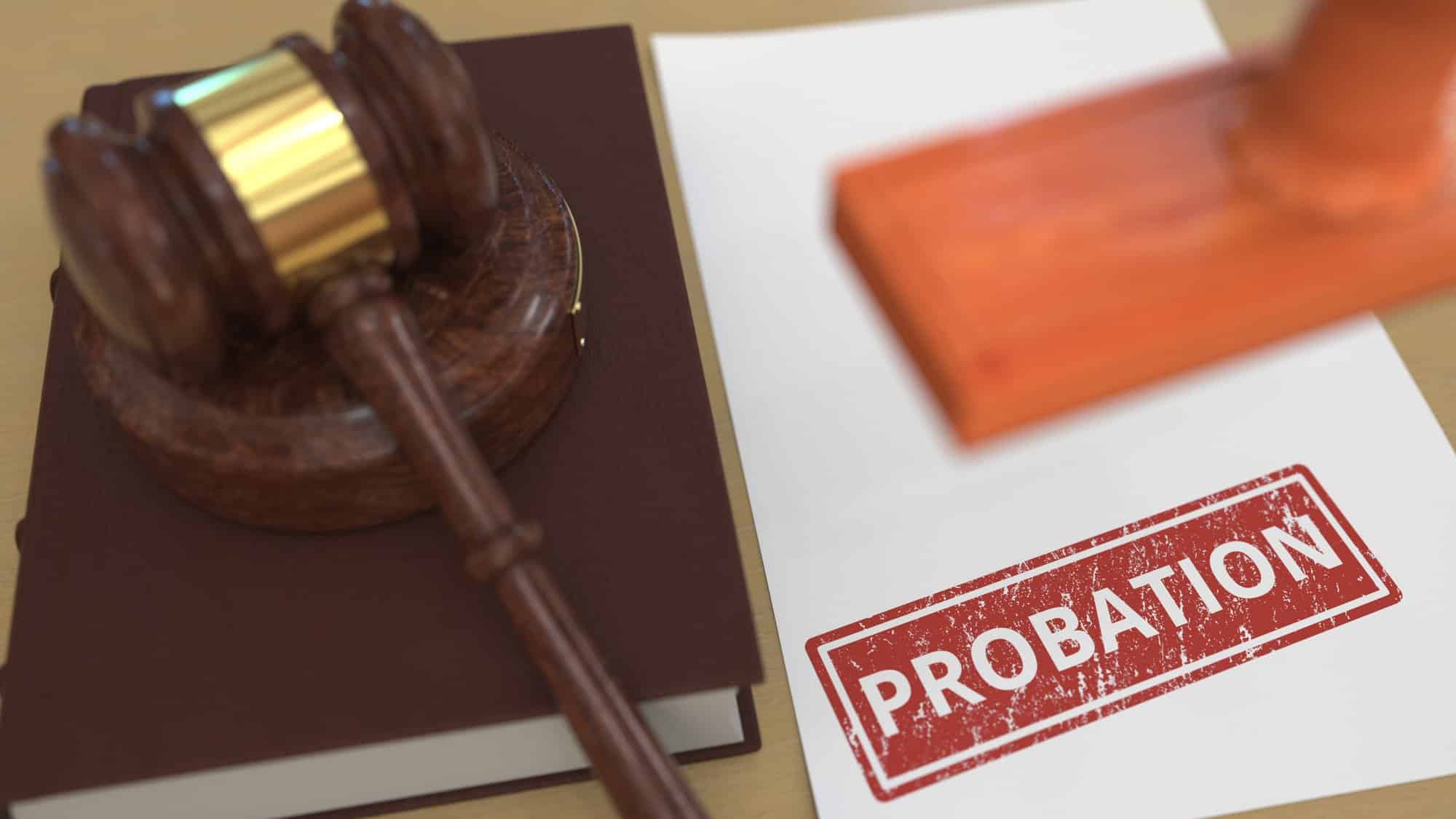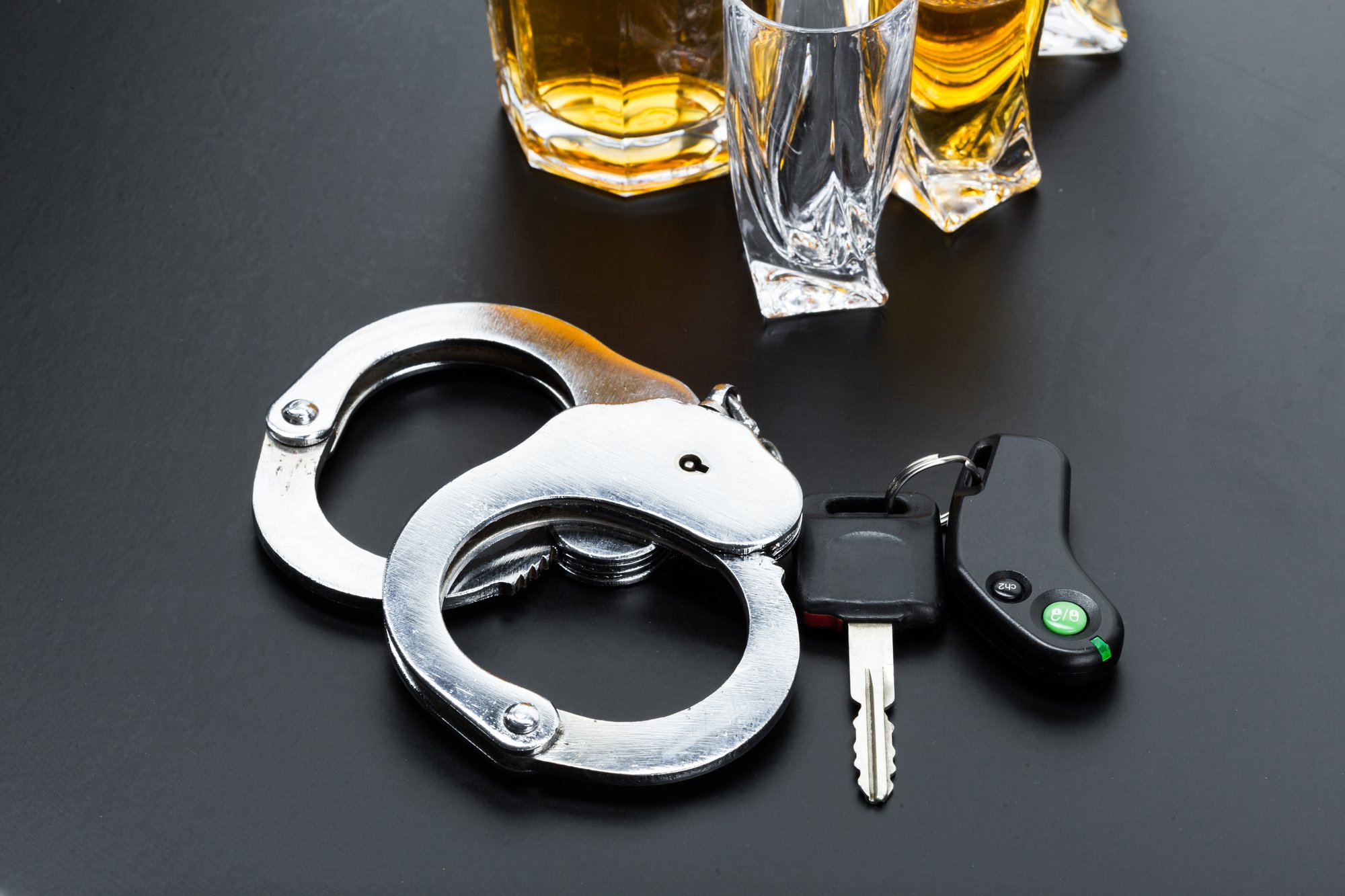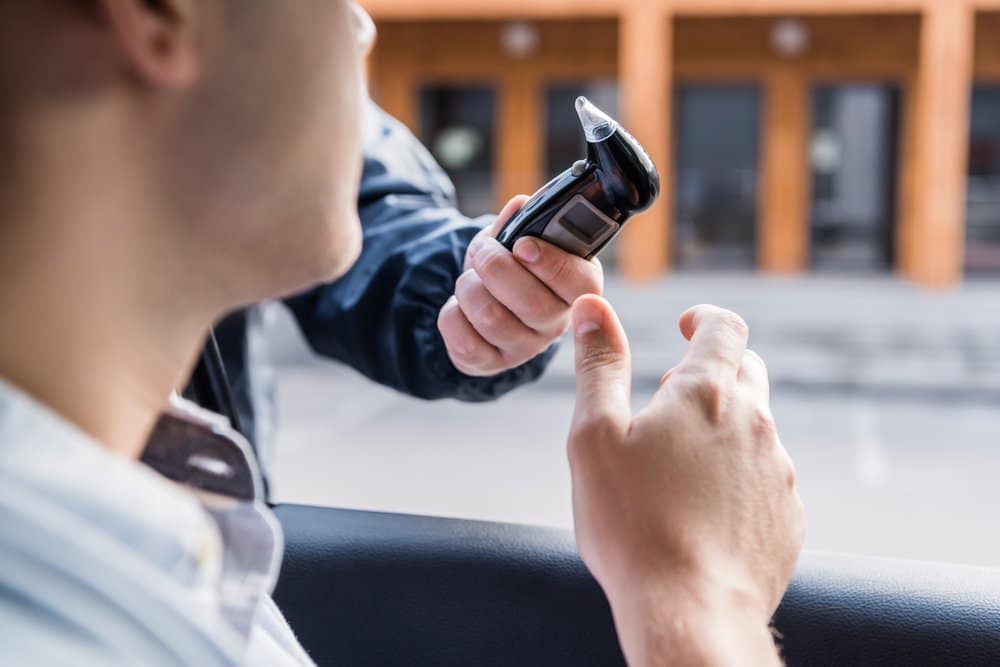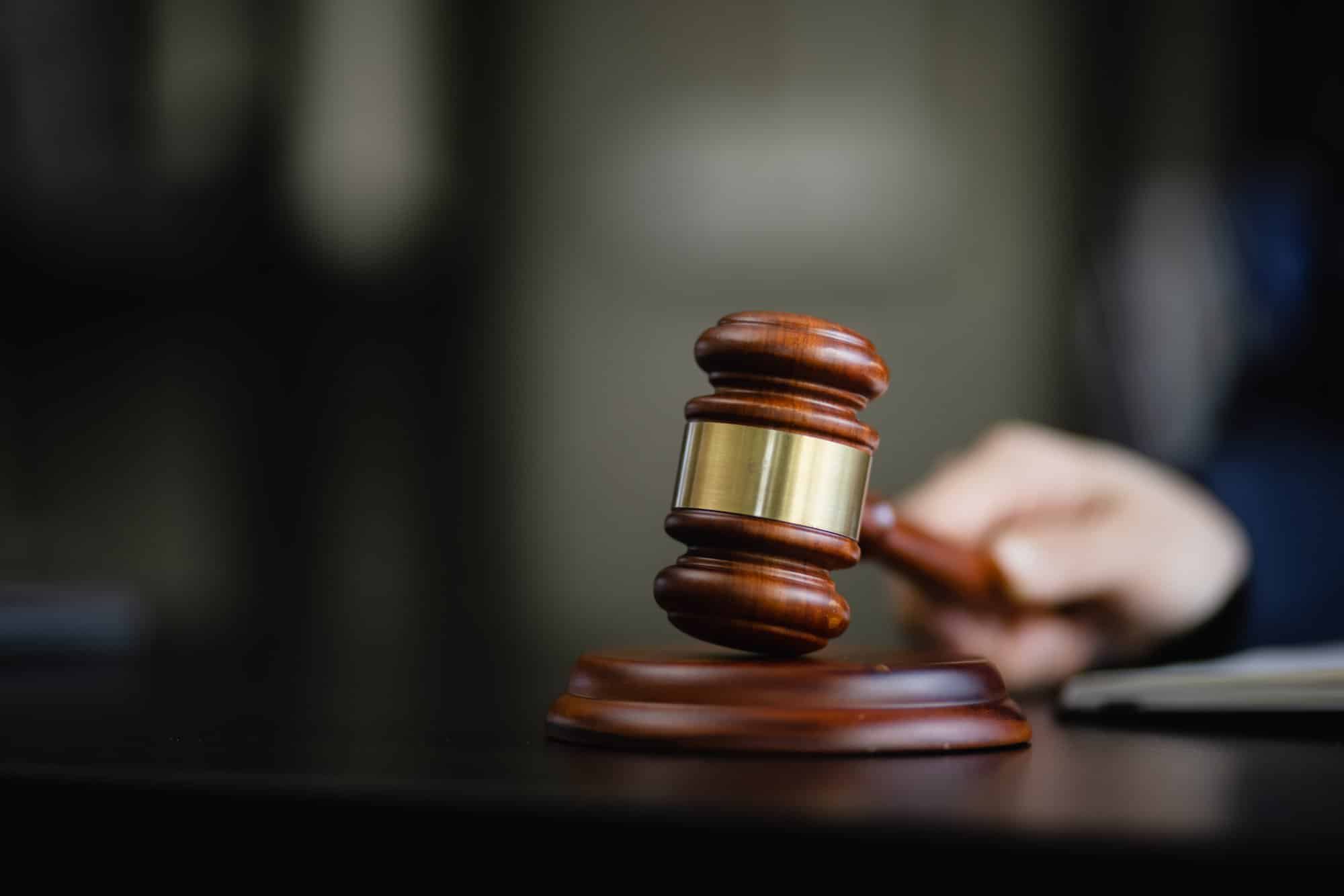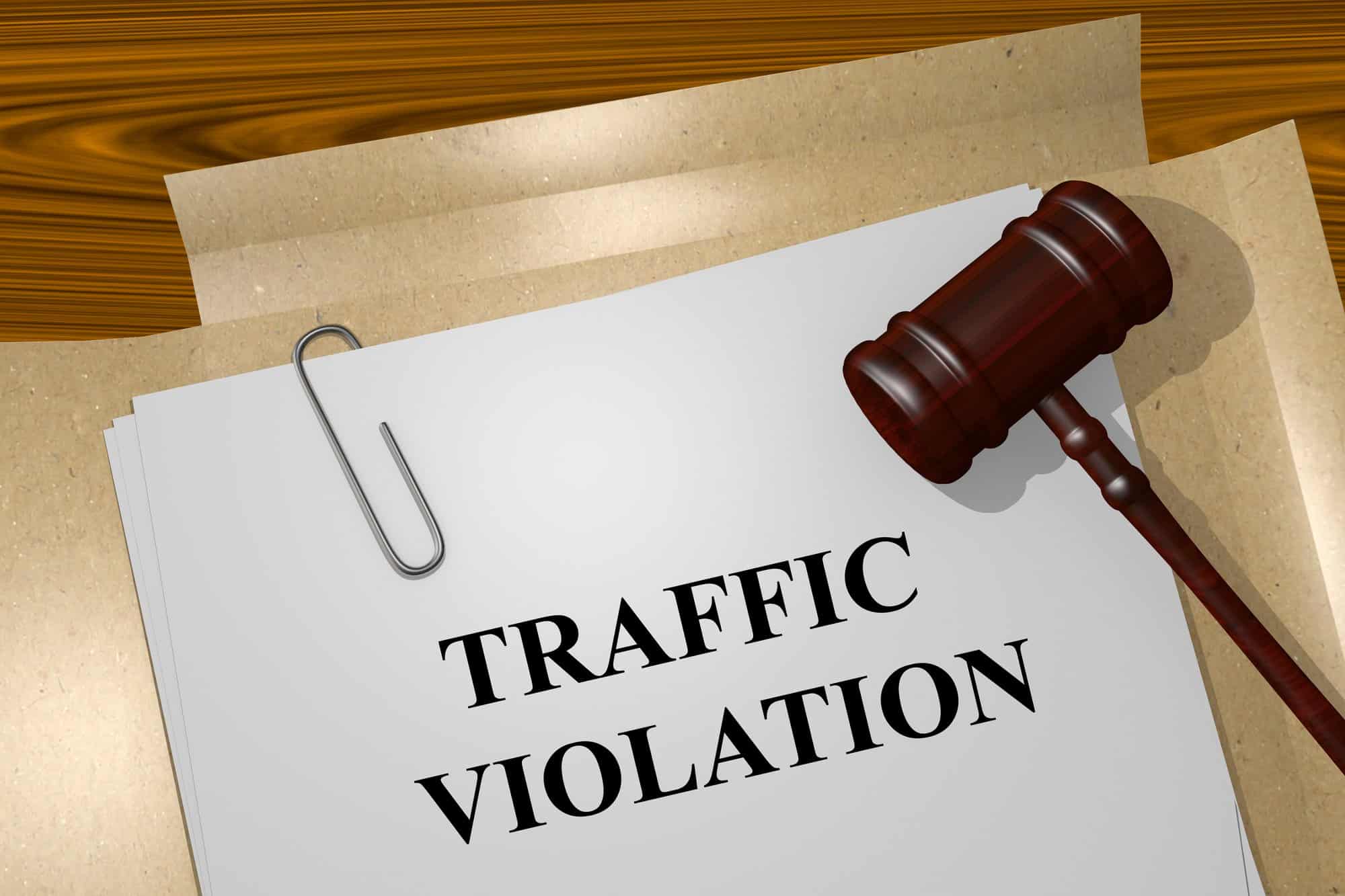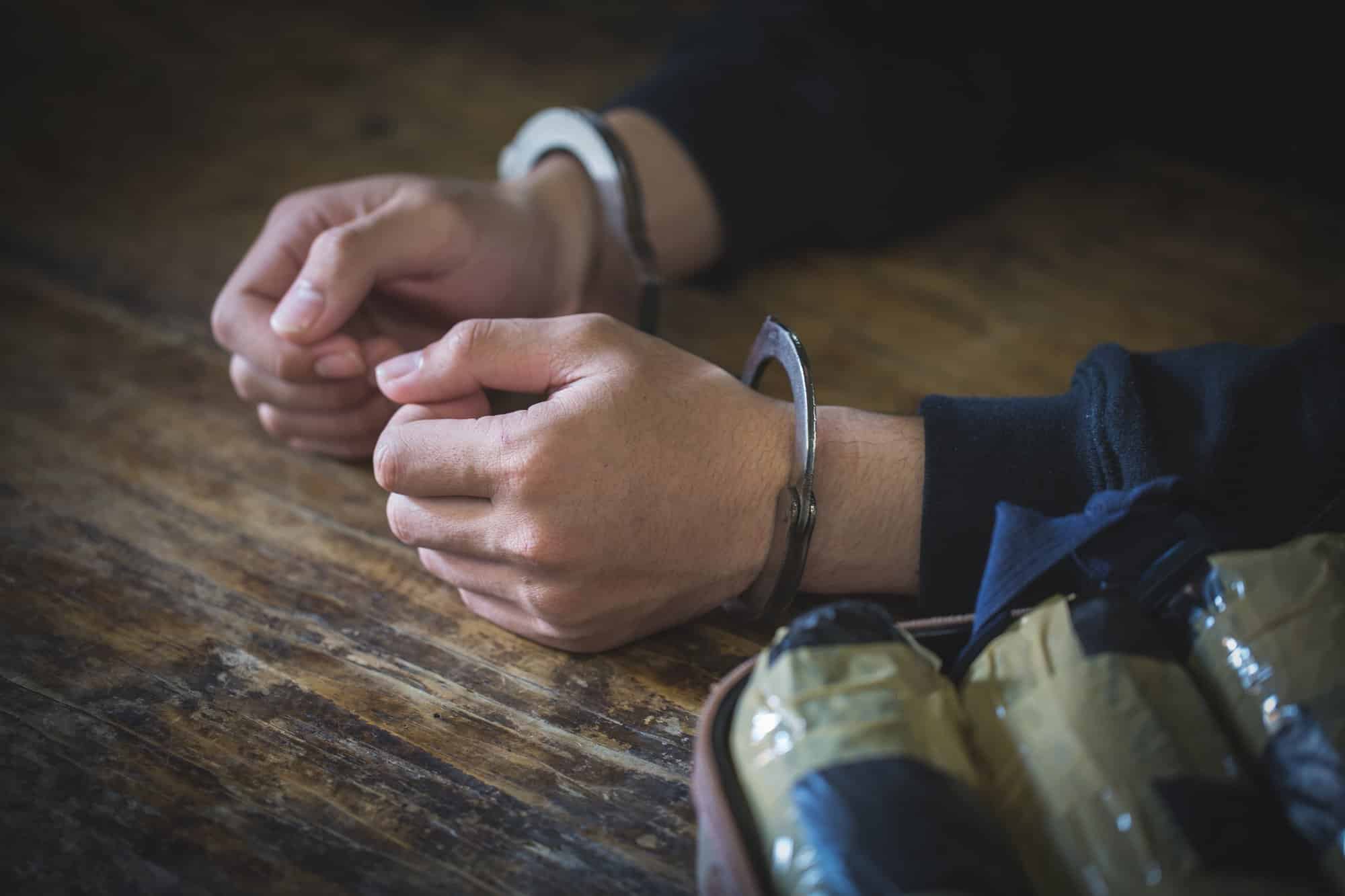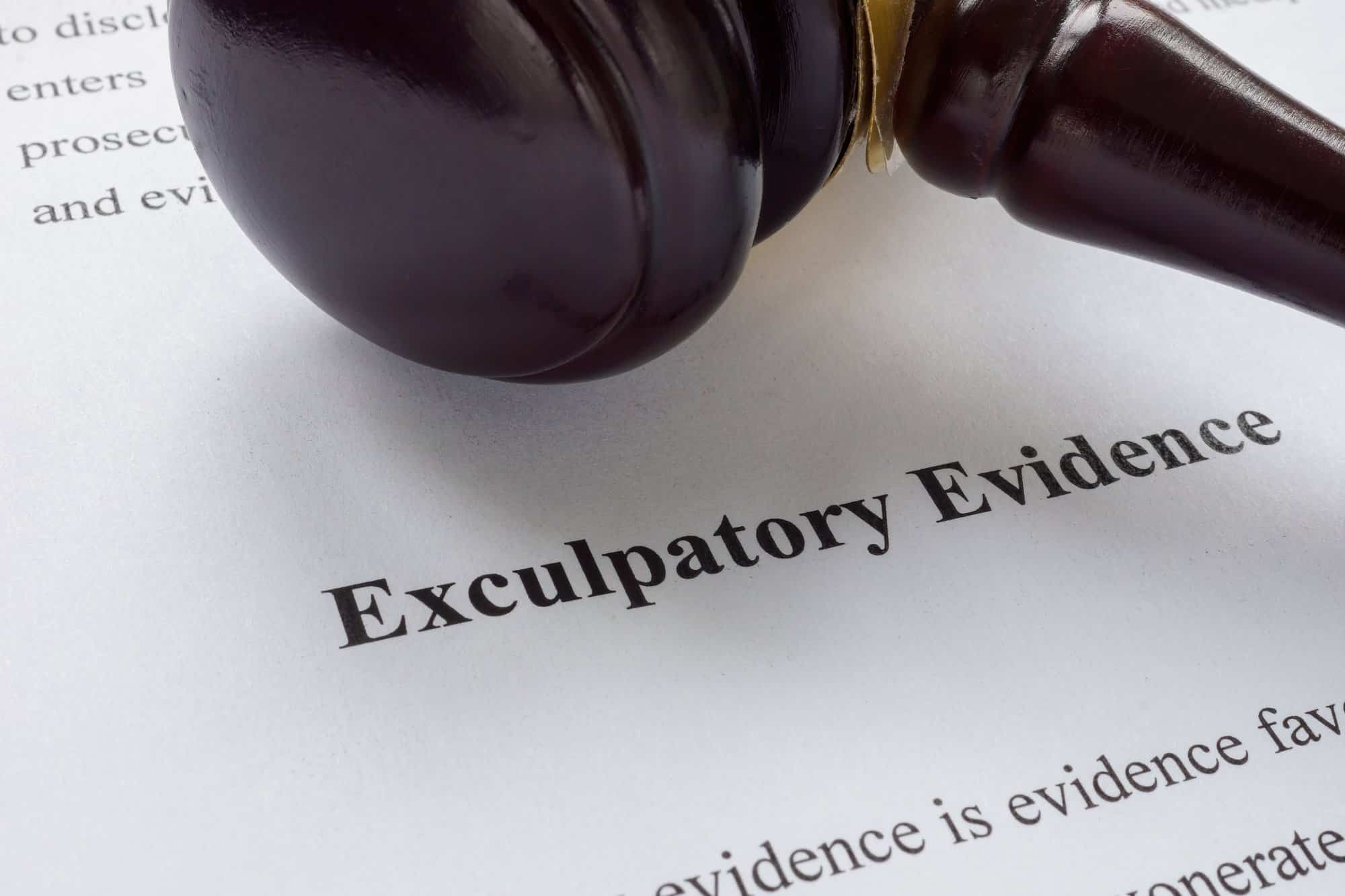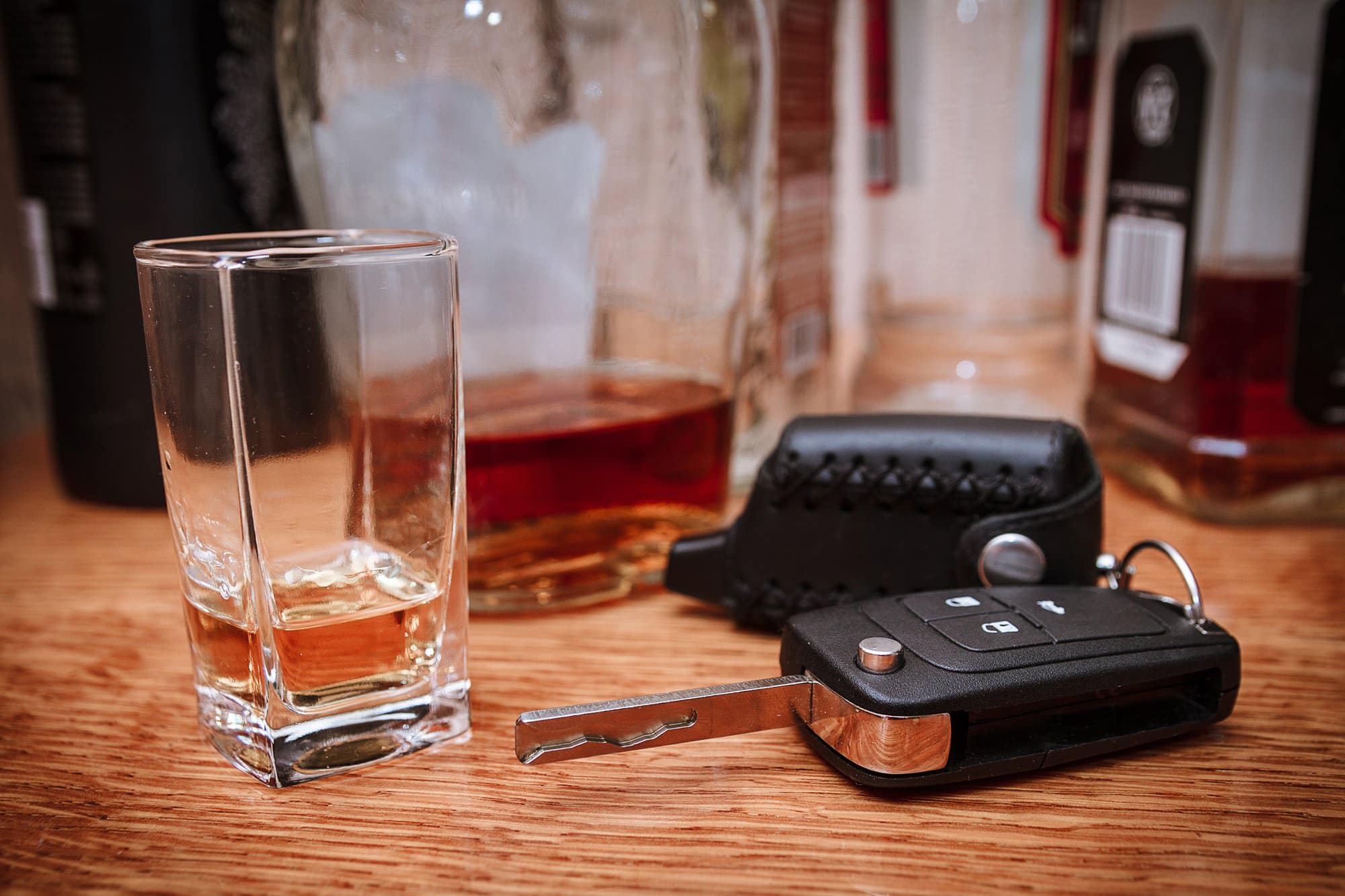Probation is a common alternative to jail time for certain criminal offenses in New York. While probation can allow someone who is convicted of a crime to remain in their community, specific terms and conditions must be followed. Failure to do so can result in a violation of probation — and lead to additional penalties.
What is Probation?
Probation is a period of supervision that is ordered by the court as an alternative to serving time in jail. With the objective of rehabilitation, a probation officer monitors the convicted individual’s conduct to ensure they do not commit any further crimes. During the probation period, an individual must comply with various conditions set by the court. These can include regular check-ins with the probation officer, periodic drug or alcohol testing, participation in counseling programs, community service, and maintaining employment. If the conditions for probation set by the court are not met, a violation can occur.
What are Common Probation Violations?
There are a variety of ways probation can be violated — and violations can range in severity. For example, an individual may commit another crime, fail to pay mandatory fines, break curfew, or not attend a court-ordered substance abuse program. The best way to avoid a violation of probation is to ensure compliance with the requirements set forth by the court.
Specifically, probation violations typically fall into one of the following categories:
- Technical violations — A technical probation violation occurs when an individual fails to meet the administrative requirements of probation. Examples of technical probations can include missing a meeting with a probation officer, failing a drug test, or not completing a court-ordered program.
- Substantive violations — These types of probation violations involve committing a new criminal offense while on probation, unrelated to the original charges. These types of violations are considered more severe than technical violations and can result in jail time.
The length of probation depends upon the original offense. For misdemeanors, probation lasts one to three years for most types of offenses. The duration of probation for most felonies is three to five years — although a 25-year probation period can be imposed for certain drug crimes that fall into the category of Class A felonies.
What Happens if You Violate Probation?
If a probation officer believes that a violation has occurred, they may file a violation of probation report with the court. An arrest warrant will then be issued, and the matter will be scheduled for a hearing with a judge. Importantly, violation of probation hearings are different from criminal trials and there is no right to a jury. In addition, the burden of proof is by a “preponderance of the evidence.” This is a much lower evidentiary standard than “beyond a reasonable doubt” and simply means that the prosecution must show it is more likely than not that a violation occurred.
Depending on the facts of the case, an individual can face a number of penalties if the court finds a violation of probation has occurred. While a judge might simply issue a warning for a minor violation, a serious violation can result in jail time — and the original sentence that was suspended due to probation may be reinstated. Other consequences of violating probation can include an extension of the probation term with stricter conditions and increased supervision. If the violation involved a new criminal offense, additional charges and penalties can be imposed.
Contact an Experienced New York Criminal Defense Attorney
If you are facing a violation of probation, it’s essential to have a knowledgeable criminal defense attorney by your side to protect your rights. D’Emilia Law offers skillful representation and dedicated counsel for a wide range of criminal offenses, including violations of probation, and work diligently to obtain the best possible outcome in every case. To schedule a consultation, contact us at 1-888-DEMILIA.

